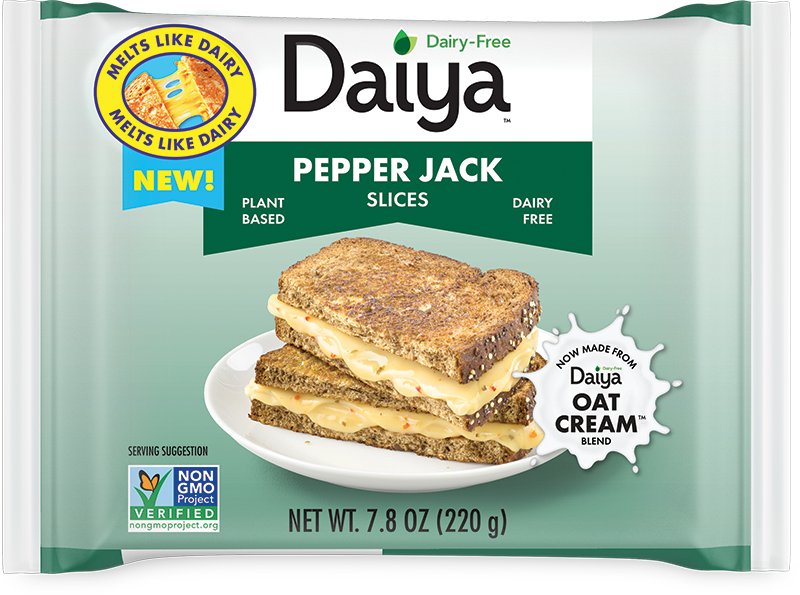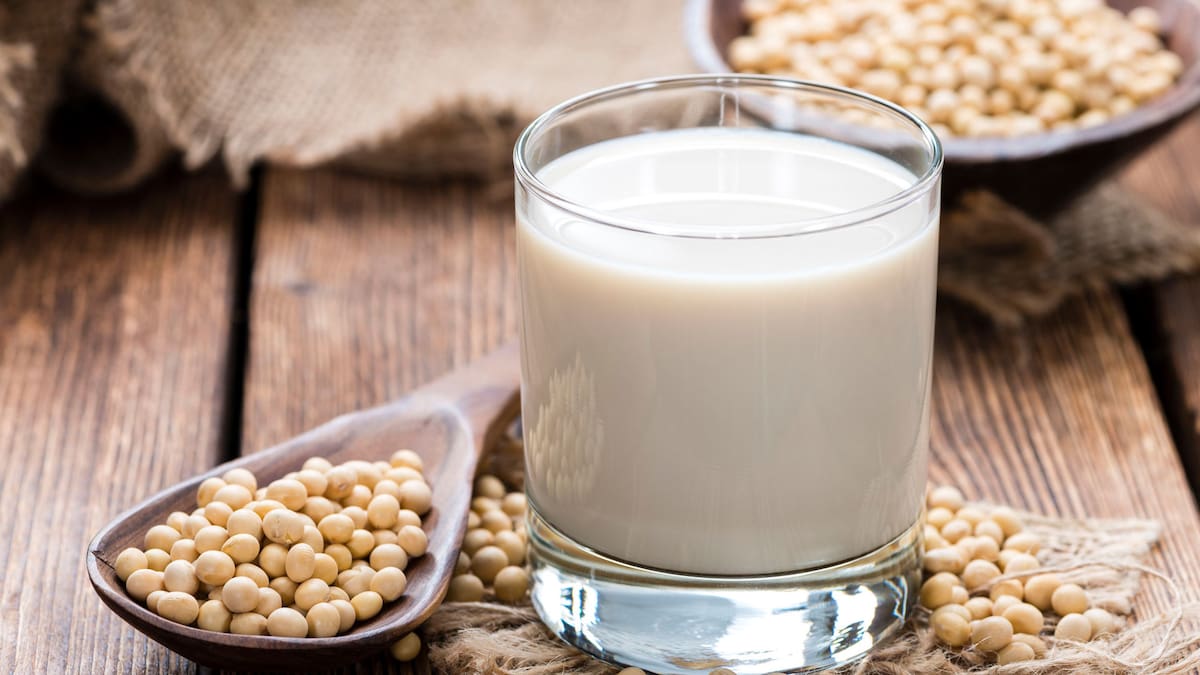Summary
Vancouver-based plant-based brand Daiya has launched two new dairy-free cheese products: Chipotle Cheddar Shreds and Pepper Jack Slices. Both offerings are
Source: vegconomist

AI News Q&A (Free Content)
Q1: What are the key features of Daiya's new Chipotle Cheddar Shreds and Pepper Jack Slices?
A1: Daiya's Chipotle Cheddar Shreds and Pepper Jack Slices are notable for their creamy texture and spicy flavor, achieved through the use of the brand's Daiya Oat Cream™ blend. These products are designed to melt well and offer a balanced spice level that appeals to consumers looking for dairy-free options with a bold taste. This innovation is part of Daiya's efforts to expand its product line with crave-worthy, versatile dairy-free cheeses.
Q2: How does the sodium content in plant-based cheese analogues compare to WHO benchmarks?
A2: A study published in 2025 found that cheese analogues generally have a lower percentage of products exceeding WHO sodium benchmarks compared to meat analogues and tofu/tempeh. Specifically, only 20% of cheese analogues surpassed the sodium content benchmark, whereas 93% of meat analogues did. This highlights the relative success of cheese analogues in maintaining acceptable sodium levels while emphasizing the need for further reduction in other plant-based products.
Q3: What innovations in plant-based cheese have been recently studied?
A3: Recent research focuses on partially substituting cheese bases with plant proteins, examining their textural, rheological, microstructural, and sensory properties. This approach aims to meet the growing demand for plant-based dairy alternatives, offering insights into producing processed cheeses with desirable characteristics without relying solely on animal-derived ingredients.
Q4: How has Daiya Foods positioned itself in the dairy-free market since its inception?
A4: Founded in 2008, Daiya Foods has established itself as a leader in the dairy-free market by innovating cheese analogues that replicate the consistency and melting properties of traditional cheese using coconut oil and tapioca flour. The company has expanded its reach worldwide, including partnerships with restaurants and other food companies, and has won numerous awards for its innovative products.
Q5: What impact has Daiya's acquisition by Otsuka Pharmaceutical had on its operations?
A5: In July 2017, Daiya Foods was acquired by Otsuka Pharmaceutical for $405 million, a move that potentially expanded its resources and market reach. This acquisition likely provided Daiya with additional financial backing and strategic support to continue its innovation in the plant-based food sector, allowing it to further develop and market new products such as the Chipotle Cheddar Shreds and Pepper Jack Slices.
Q6: What are the potential health benefits of consuming plant-based cheese products like those from Daiya?
A6: Plant-based cheese products, such as those offered by Daiya, are typically free from animal-based ingredients, lactose, and allergens like soy and nuts. They provide an alternative for individuals with dietary restrictions or those seeking to reduce animal product consumption. However, consumers should be mindful of the sodium content, as highlighted by recent studies, to ensure a balanced diet.
Q7: How do plant-based cheese innovations align with consumer trends towards sustainability?
A7: Plant-based cheese innovations respond to growing consumer demand for sustainable and environmentally friendly food options. By using plant-derived ingredients, companies like Daiya contribute to reducing the carbon footprint associated with dairy production. This aligns with broader trends towards sustainability and ethical consumption, appealing to environmentally conscious consumers seeking to make positive dietary choices.
References:
- Sodium content of plant-based meat and cheese analogues: comparison with benchmarks proposed by the World Health Organization
- Partially substituting cheese base with plant proteins to produce processed cheese: Textural, rheological, microstructural and sensory properties




